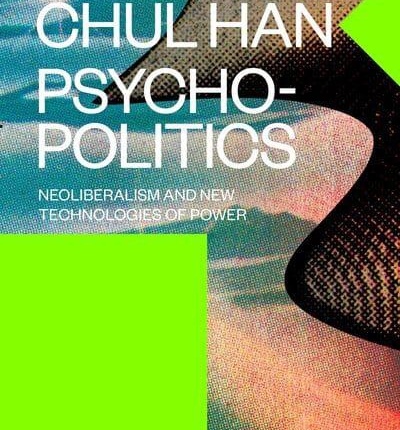This is an impressive book – its immensely readable but at the same time teases out some of the contradictions at the heart of a very complex idea.
Each chapter looks at a different tension within the concept of democracy – freedom/equality, conflict/consensus, expertise/mass opinion, inclusion/exclusion, and so on. It’s a good approach, not only because these are well understood complexities in democratic thought and practice, but also because it allows Taylor to explore why democracy is always changing’; why it’s a contested ideal and never finally captured.
This is a left-wing take on the ideal of democracy, and it argues for greater economic equality as a pre-requisite for democracy, as well as more inclusivity and the need for a vigilant, active citizenry. She wants democratic socialism, she says. But at the same time, she’s also aware of the compromises needed for running modern democracies, not least the problems that political parties bring, and the way that lobbyists provide professional politicians will easy solutions. It’s a wise book, as well as an impassioned one, and that itself is a tricky combination to pull off.
One of the novel elements of this book is that Taylor has gone out and spoken to people of all kinds about what democracy means to them, and she intertwines this with democratic history, politics and theory to show the tensions in the ideal. As she says:
“I placed the insights of school children, doctors, former prisoners, workers and refugees alongside the likes of Plato, Locke, Rousseau, Madison, and Marx.”
And that’s interesting too. This might not be the case for Astra Taylor, but it’s noticeable that as discontent, anti-liberal tendencies and populism have become stronger over recent years, there seem to have been more works of political theory that have gone out and talked to people. I’m thinking, for example, of Zizi Papacharissi’s After Democracy, or Stephen Coleman’s How People Talk about Politics.
In the end, though, Taylor arrives at the view that the current manifestation of democracy in countries like the US is too dominated by inequalities, prejudices and exploitative elites to serve its people well. And, because democracy allows for contestation, we don’t know where we will be headed. So she argues we need to engage in a struggle to create “a democracy that has never been tried and is not yet in our sights.”
